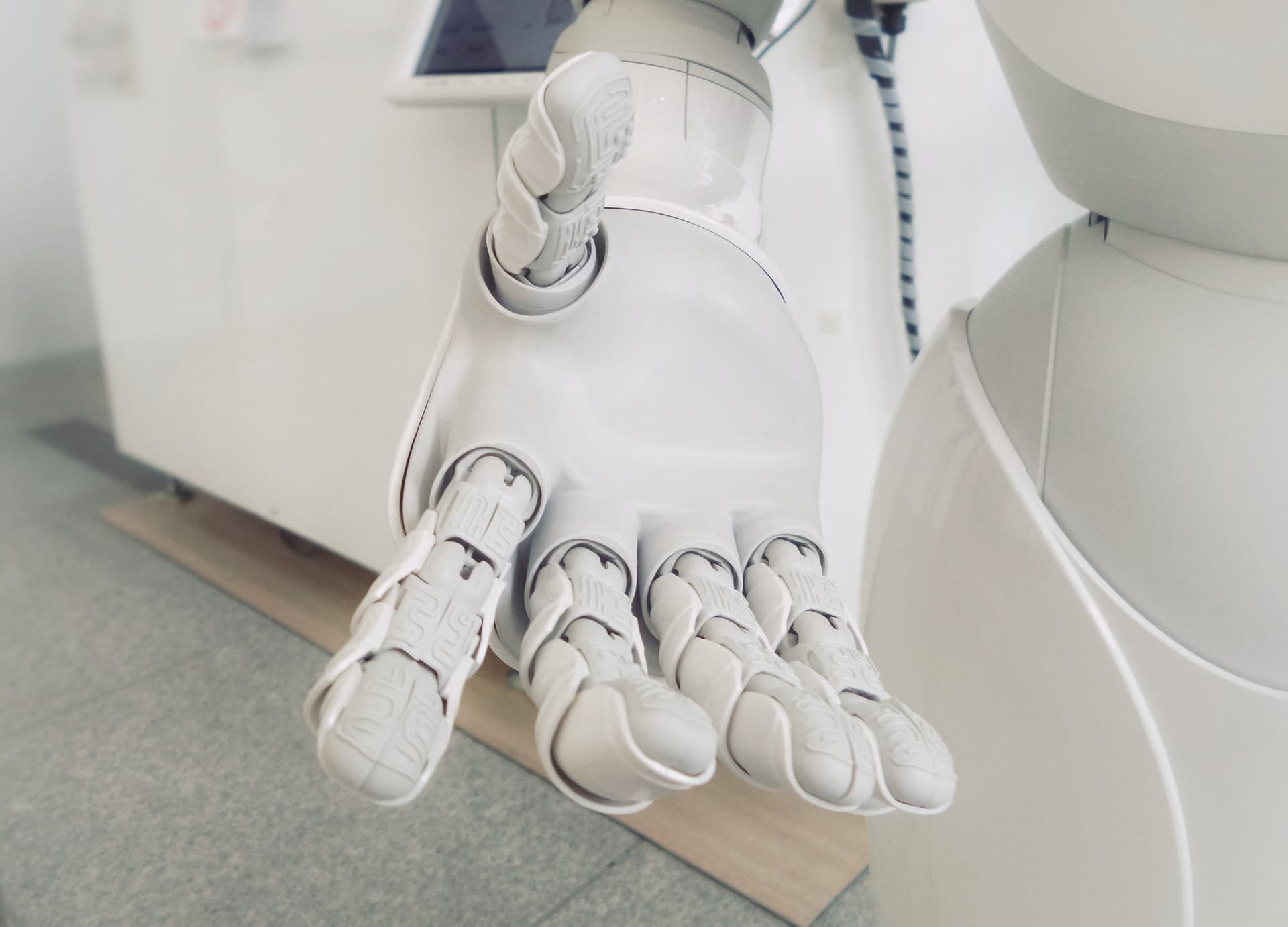t’s no secret that artificial intelligence in transportation has helped the industry reach higher service levels by incorporating innovations and slowly adapting to the evolving environment. Even though many companies have been slow adapters, most companies have already accepted that technology has taken over the industry and has become the new normality for efficient operations.
One of the technologies that have been around for a while, but most people don’t know they’re actually interacting with it, is Artificial Intelligence. AI (Artificial Intelligence) is everywhere and has produced incredible results in all industries, including the transportation and logistics sector.
What is Artificial Intelligence?
Even though we all know what Artificial Intelligence is, let’s look at a simple definition for better context.
Simply put, AI is defined as technology that gives machines human-like intelligence. Devices equipped with artificial intelligence can mimic human activities and learn while they’re executing these tasks. AI has been mainly used to decrease the workload for employees, taking care of repetitive and time-consuming tasks.
Artificial intelligence in transportation
Considering the significant benefits AI can bring to the table, companies within the transportation industry began to incorporate it into their workflows, obtaining efficiencies and time reductions in their processes.
As mentioned, AI can take care of repetitive tasks and reduce time spent on them. This becomes extremely useful for the transportation industry since there are many tasks like data entry, track and trace, location, and others that are time-consuming but essential.
Five benefits of artificial intelligence in transportation
Let’s discuss some of the benefits of artificial intelligence in transportation:
- Boost productivity
One essential benefit of artificial intelligence in transportation is the productivity boost of the entire operation. With AI, companies analyze their performance and find operational gaps that are delaying the processes. By seeing the issues quickly, company leaders can examine the possibilities and take action to ensure a more efficient process.
As mentioned above, AI-powered machines can learn on the go and find issues within the entire process, allowing companies to have access to valuable insights to boost their productivity.
- Delay predictions
Customers want their freight or goods delivered as soon as possible, without any delays. Delays can cause strains in work relationships and prevent your customers from trusting you. Therefore, one of the most significant issues you can tackle through AI in logistics is delays.
Predicting delays will only be possible if your business has a high level of supply chain integration. Through AI-powered machines and predictive analytics, you’ll be able to identify potential issues within the supply chain that can help you act before any more significant problems arise.
- Better forecasting
As well as predicting delays, you’ll also be able to access better transportation forecasting through AI. Using AI and machine learning, you’ll be able to predict:
- Capacity needs
- Price fluctuations
- Peaks in customer demands
This is possible by collecting and analyzing vast amounts of data that provide the insights business leaders to create strategies that allow them to be proactive and be one step ahead. Predicting these elements will avoid any issues and help you consistently provide high-quality and timely services.
- Risk mitigation
Risk mitigation goes hand in hand with the predictivity AI-powered operations provide. Predicting what’s coming next based on data allows you to avoid future risks like not meeting upcoming demands. Through AI, companies are getting better at forecasting, which at the end of the day allows them to stay ahead of the game by making well-informed decisions.
Depending on your level of integration, AI can also detect early alarms throughout your different systems, which will help you assess the situation before something actually happens.
- Improved customer experiences
At the end of the day, every element you incorporate into your business is done for the sole purpose of enhancing your service so you can meet the needs of your customers, and they continue working with you. Implementing AI into your processes allows you to understand your entire business better and make the right decisions, allowing you to provide better services.
In conclusion, artificial intelligence in transportation has become a standard for the industry since it allows businesses to increase their productivity and avoid any issues that may cause strains in their customer relationships.
